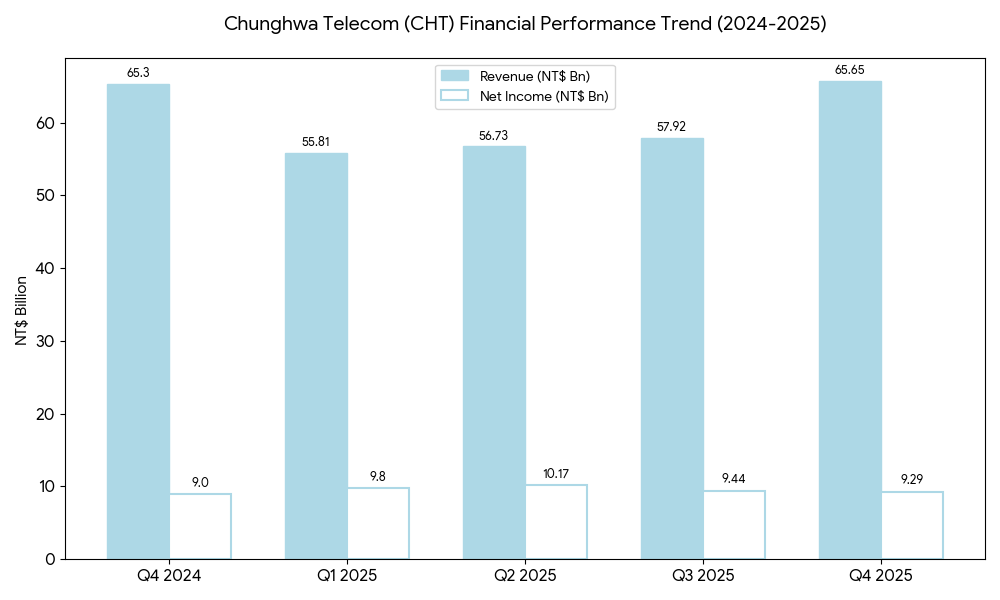If you’ve noticed your doctor skipping certain routine tests lately, you’re not imagining it. Across the U.S., physicians are quietly pulling back on preventive screenings for older adults, especially those over 55. It’s not just a personal choice—national guidelines and insurance policies have shifted. From mammograms to colonoscopies, what used to be annual or biennial checkups are now spaced out or dropped altogether. The changes are raising new questions about whether cost control is coming at the expense of early detection.
Why Preventive Testing Is Quietly Declining
Recent recommendations from the U.S. Preventive Services Task Force (USPSTF) have altered how often older adults should receive screenings like Pap smears, PSA tests, and bone density scans. For example, most women over 65 no longer need Pap tests if they’ve had consistent normal results. Similarly, the American Cancer Society now suggests stopping colon cancer screening at age 75 for most adults. These changes are based on data showing that risks of overdiagnosis and complications can outweigh the benefits in certain age groups. But for many seniors, the reduced testing feels like being written off before symptoms even start.
Medicare Coverage Rules Are Tightening Too
Medicare follows many of the USPSTF’s recommendations, which means fewer automatically covered screenings. Tests like annual physicals and certain lab panels that used to be standard may now require a specific medical reason to be billed. According to Medicare.gov, coverage for bone density testing is now limited to “medically necessary” cases or specific intervals. This subtle shift pushes costs back onto patients or discourages testing altogether. Some doctors have admitted they avoid ordering tests if insurance won’t cover them—creating potential gaps in care for patients who assume “no news” means “no problem.”
Doctors Are Balancing Risk vs. Reimbursement
Behind the scenes, many healthcare providers are caught between caution and cost. The push to reduce “unnecessary testing” comes from both public policy and private insurers, aiming to curb healthcare spending. False positives from frequent screenings can lead to anxiety, unnecessary biopsies, and overtreatment. However, when financial incentives align with fewer orders, it raises ethical questions. Are doctors acting in patients’ best interests, or under the pressure of insurer efficiency goals? The answer varies widely by provider, state, and practice type.
How Reduced Screenings Affect Early Detection
Skipping a preventive test may seem harmless, but missed screenings can delay serious diagnoses. Likewise, declining use of cholesterol and blood pressure screenings may allow silent conditions to worsen before intervention. While guidelines stress “personalized care,” many seniors never receive a detailed explanation of why certain tests are no longer suggested. The result: confusion, mistrust, and uneven preventive care across Medicare populations.
Patients Can Still Request Specific Screenings
Even if insurers scale back, patients retain the right to advocate for tests when medically appropriate. You can ask your physician for a written explanation if a previously routine screening is skipped. Medicare allows exceptions if there’s family history, prior abnormal results, or a new symptom. Maintain a personal log of test dates and results to discuss during each visit. Being proactive—rather than assuming the system is handling it—can make all the difference in catching diseases early.
What This Shift Really Means for Seniors
Fewer preventive screenings aren’t inherently bad—but the lack of transparency is. Many doctors agree the new approach should include clearer patient communication, not silent omission. Early detection remains key to managing long-term health costs and outcomes. Seniors who stay informed and involved in their care choices are more likely to catch small problems before they become crises. Have you noticed changes in how often your doctor orders screenings—and were you told why?
Have you skipped or delayed a preventive test because your doctor said it wasn’t needed anymore? Share your experience below and tell others how you navigated Medicare’s new screening landscape.
You May Also Like…

Teri Monroe started her career in communications working for local government and nonprofits. Today, she is a freelance finance and lifestyle writer and small business owner. In her spare time, she loves golfing with her husband, taking her dog Milo on long walks, and playing pickleball with friends.
























